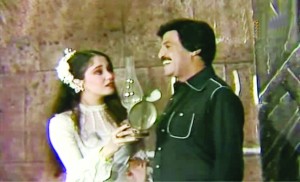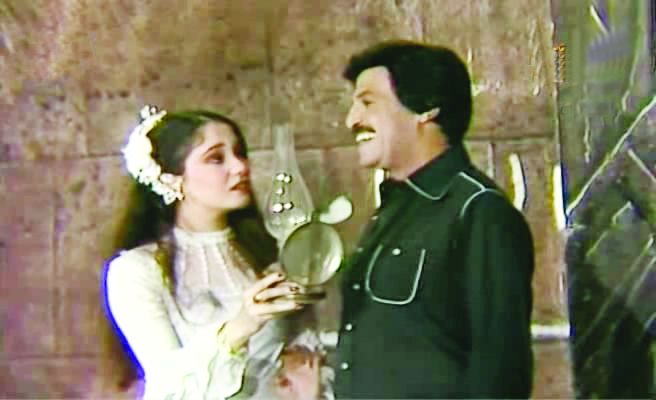
Eid means an emptier, breezier Cairo and the recent turn of the weather makes the city an ideal destination to avoid congestion in holiday hotspots. One of the perks of staying in is catching the countless Egyptian plays that are played every year.
Plays have a special place in Egyptian hearts when it comes to holidays. The more famous plays of Egyptian theater are usually the comedies that have become so entrenched in Egyptian pop culture that they have an effect on the way Egyptians speak. Popular expressions by actors are commonly used, sometimes with no idea where they originated from.
Some of the plays have launched Egypt’s biggest stars from the small screen to the silver screen. These include classics such as Madraset El Moshaghbeen, which tells the story of a few delinquent students who answer to no one until they are finally led to success by a female teacher.
Though the plot sounds like something both Michelle Pfeifer and Hilary Swank have done ad nauseum, the play did launch the careers of Adel Imam, Ahmed Zaki, Yunis Shalabi and Sa’ed Saleh. It also includes countless expressions that have been imported into pop culture.
Though mostly comic in nature, the plays often touch upon deeper political and social issues and explore them in the self-deprecating humour Egyptians are famous for. They are an integral part of Egyptian culture because they provide relief from economic, political and social woes that have plagued the country for most of its modern history.
A case in point would be Al Motazawegoon which starred Samir Ghanem and discussed class differences and marriage in a remarkably accurate portrayal of 1970s Egyptian society. The play continues to be popular and enjoys a lengthened life-span courtesy of the internet age.
More recent plays include ‘Afrotto and Hazemny Ya which are most commonly played solely for their comedic value but which have also launched careers of the likes of Mohammed Heneidy and Sherif Monir. ‘Afrotto uses a story about the supernatural to give a vague message on regional solidarity. It does not achieve the same prowess in its commentary as some of the other more famous plays. Nevertheless, it is one of the most successful of recent years.
Besides being broadcast on television on Eid, all of these plays are available on the internet and the phenomenal number of viewers is indicative of their importance both as entertainment and as mediums for expressing the concerns of society at a particular point in time.
Their place in the Eid holidays is indisputable and they are associated with the holidays just as Ramadan is associated with new TV series and summer is with films. The plays will continue to be replayed all through the holidays and are not to be missed.




